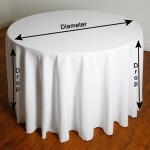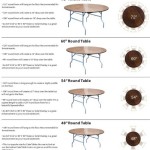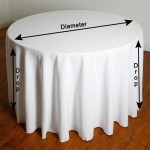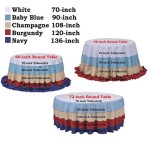A Children’s Round Table is a gathering of children of all ages, usually in a school setting, who come together to discuss a variety of topics. It’s a great way for children to learn to express their own opinions, develop their social skills, and even learn to work together to solve problems. The aim of the round table is to provide an environment for children to talk about anything and everything without the fear of being judged.
Benefits of Participating in a Children’s Round Table
Participating in a Children’s Round Table can help children in many ways. It can help them develop their interpersonal skills, build self-confidence, learn to think critically and express their own views, and become more open to different perspectives. It can also help them learn how to work together towards a common goal, as well as how to better communicate with others. Additionally, it can help them learn how to handle disagreements and find solutions to problems.
How to Organize a Successful Children’s Round Table
Organizing a successful Children’s Round Table requires careful planning and consideration. It is important to choose a topic that is relevant to the children involved and age-appropriate. Additionally, it is important to ensure that the participants feel comfortable and safe discussing their opinions. The facilitator should be someone who can create a safe and respectful environment for the children, as well as be able to encourage them to express their thoughts and feelings.
It is also important to make the round table interactive, with the facilitator asking questions and encouraging discussion. The facilitator should also ensure that all children have the opportunity to speak and that all voices are heard. Additionally, the facilitator should be able to provide guidance and feedback to the participants.
Conclusion
Participating in a Children’s Round Table can be an enjoyable and beneficial experience for children of all ages. It provides a safe and supportive environment where they can express their opinions and learn to work together. It can also help them develop their interpersonal skills, build self-confidence, and learn to think critically. By providing careful planning and consideration, a facilitator can help to ensure that the round table is a successful and enjoyable experience for all involved.















Related Posts








